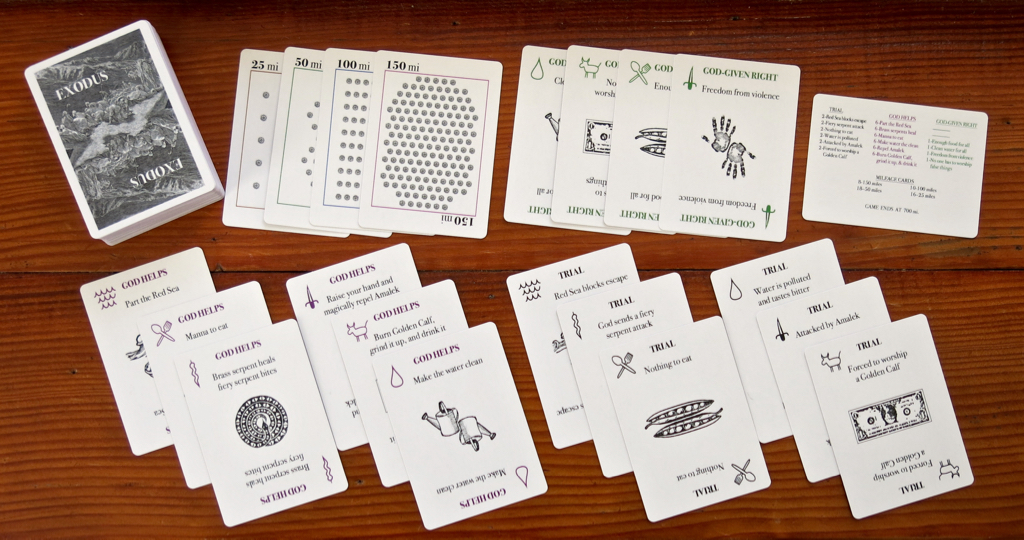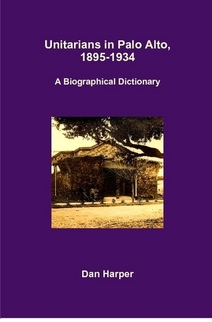In a post on the Indian Philosophy Blog, Elisa Freschi distinguishes between global and local atheisms:
“The Mimamsa school of Indian philosophy started as an atheist school since its first extant text, Jaimini’s Mimamsa Sutra. At a certain point in its history, however, it reinterpreted its atheist arguments as aiming only at a certain conception of god(s). In other words, it reinterpreted its atheism as being not a global atheism, but a form of local atheism, denying a certain specific form of god(s) and not any form whatsoever.”
I find this an extremely useful distinction, which in my experience is mostly absent in Western thought. In the West, our religious thinking has been dominated by monotheistic religion — Christianity and to a lesser extent Judaism — which have tended to force our thought into either/or, binary thinking: either I believe in the the monotheistic Christian (or Jewish) deity, or I believe in nothing. It is difficult for us to conceive of any other option.
In the Indian religious landscape, however, there is a multiplicity of deities. I suspect that kind of landscape allows a more nuanced approach to thinking about deities. In one example, Freschi quotes one Indian philosopher as saying: “I have refuted the inference to the existence of the Lord said by other scholars, but I have not refuted the Lord Himself” (Nayaviveka, tarkap?da, end of sambandh?k?epaparih?ra).
But I can see other possibilities that could also be interesting, such as refuting the existence of certain classes of deities. This brings to mind Xenophanes, a thinker from the pre-Christian West, who made some well-known criticisms of the class of anthropomorphic deities:
“Yes, and if oxen and horses or lions had hands, and could paint with their hands, and produce works of art as men do, horses would paint the forms of the gods like horses, and oxen like oxen, and make their bodies in the image of their several kinds” (fragment 15, John Burnet translation); and
“The Ethiopians make their gods black and snub-nosed; the Thracians say theirs have blue eyes and red hair” (fragment 16, John Burnet translation).
Xenophanes also criticized the class of deities that not only looks like but behaves like humans:
“Homer and Hesiod have ascribed to the gods all things that are a shame and a disgrace among mortals, stealings and adulteries and deceivings of one another. (fragment 11, John Burnet translation)
All this raises an interesting line of thought: arguments supporting atheism in the Western tradition tend to argue against the monotheistic traditions of Christianity and Judaism. And indeed, Western atheists have developed some powerful arguments against these monotheistic deities. But because their arguments focus so narrowly on the specifics of Western monothesitic deities, I find their arguments less convincing when considering, for example, panentheism. (And no, that’s not a typographical error; see the Stanford Encyclopedia of Philosophy article on panentheism.)
The most interesting point here for me is that in an increasingly multicultural world — that is, in a globalized world where cultures previously separated by comfortable distances now find themselves living literally next door to one another — arguments against the Western concept of “God” might suddenly be revealed to be a local atheism. Similarly, arguments for the Christian or Jewish deity might well be a local theism.



